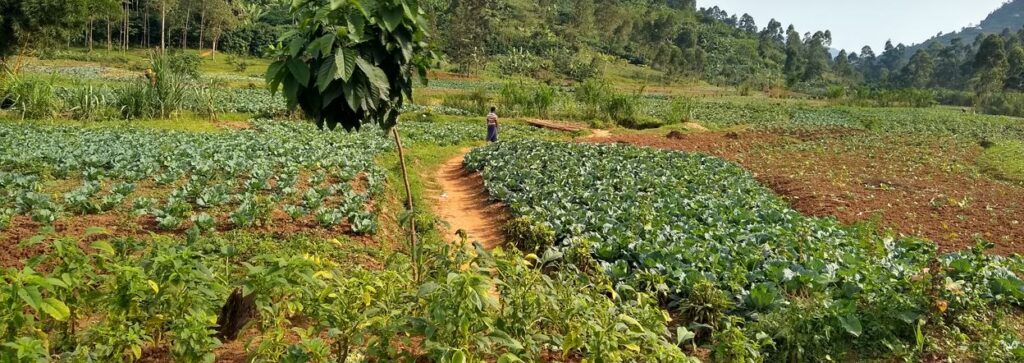BURUNDI – A new partnership between Burundi and the EU will launch a project to strengthen the participation of civil society in the protection of natural resources and ecosystems.
Participation will occur through the organization of concrete activities with local communities, as well as through policy work. The two are intrinsically linked, as field experiences provide concrete cases for advocacy, connecting national strategies to everyday realities. That way, local organizations become stronger in their field work and gain a firmer place in the national debate on environment and natural resources.
The project is called PASCALE-B IBIDUKIKIJE, an abbreviation referring to the complete French project name Projet d’Appui à la Société Civile Active dans Les domaines de l’Environnement et la Biodiversité au Burundi (Aid Project for the Civil Society working on Environment and Biodiversity). IBIDUKIKIJE is Kirundi for ‘environment’ or ‘natural resources’. In Burundi, more specifically in the provinces of Bubanza, Makamba, Rutana and Kirundo, we are strengthening local organizations and national networks to improve and protect biodiversity, environment, and natural resources. Join For Water is creating this impact in cooperation with the Belgian NGO Louvain Coopération (from Louvain-la-Neuve) and four Burundian partners; AVEDEC is the lead on local environment and sanitation, UCODE-AMR on protection and agroforestry, AGDB on natural resources and biodiversity, and ADISCO on advocacy. We also receive support from the biodiversity program (CEBioS) of the Royal Institute of Natural Sciences. The project is made possible with European co-financing.
Local initiatives and extensive dialogue
First, a wide range of local organizations will be invited to general training sessions, after which organizations that wish to do so can submit a micro-project concerning ‘hardware’ (material implementation) or ‘software’ (frameworks, sensibilization, creation of local communities). In a second phase, we project to provide funding and supervision for around 16 of those micro-projects that will further strengthen the capacity of local organizations by supporting their field activities. On a broader, nation-wide level, the participating organizations will be supported in their efforts to work out views and propositions that can be discussed with the government. This can be carried out through existing platforms or networks, or through a new platform created by the organizations of the civil society themselves.
The PASCALE-B IBIDUKIKIJE project will have an extensive impact on the protection of natural resources and ecosystems in Burundi, as it will strengthen local initiatives and facilitate concrete actions in the field, as well as create extensive dialogue between civil society and politics. The lessons that will be drawn during the project, then, will eventually be used as input for other similar projects and exchanges with similar initiatives from others.

